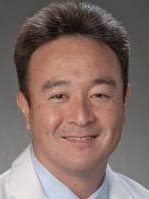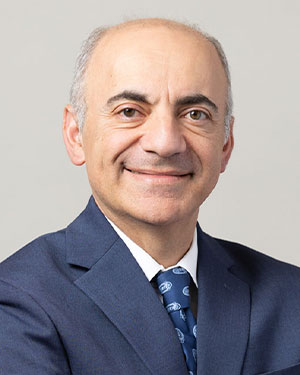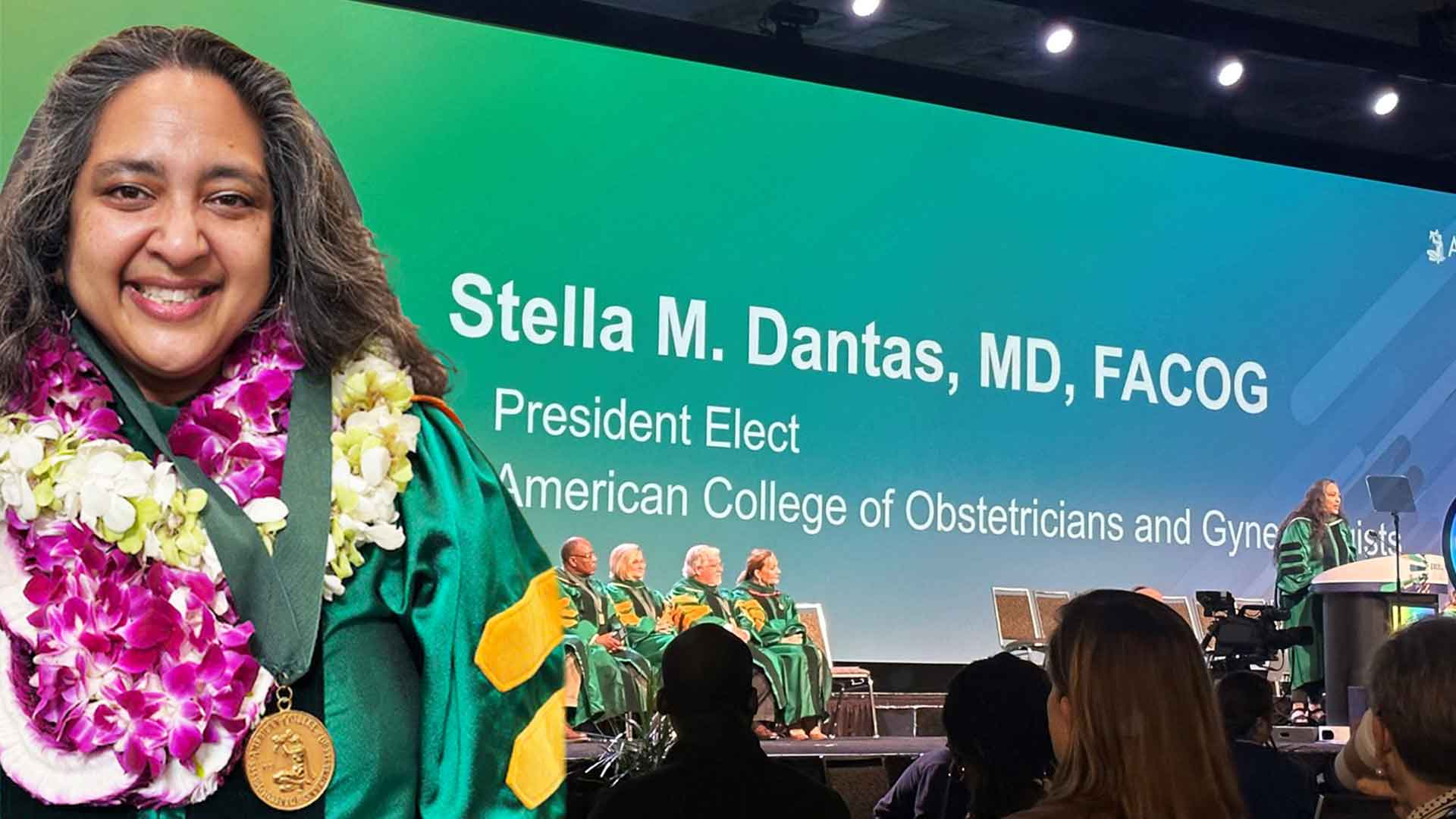Ramin Davidoff, MD, on value-based care and how it benefits older adults.
Tadashi Funahashi, MD, discusses technology’s impact on health care at Economist Impact event
During a recent Economist Impact event, Tadashi Funahashi, chief innovation officer of Southern California Permanente Medical Group, shared that while new consumer-focused health care technologies are helping to improve outcomes as well as ease and convenience of access, maintaining a comprehensive view of a patient’s health also remains important to ensure the delivery of high-quality care.

“From pharma to medical implants to imaging, there have been tons of new technologies and innovations in health care that have dramatically improved the outcomes for our patients,” Dr. Funahashi said during an Economic Impact virtual panel called “Disrupting the market: Is consumerism transforming health care?”
Permanente physicians have been exploring the impacts of innovative technologies on health care for several years, he said, “and it does appear that the ease and convenience that is brought about by digitization of the interaction between the clinician and patient can, in fact, be enhanced.”
However, if an app that is good at treating a particular health concern becomes the primary mode of delivering care to a patient, reliance on that app can lead to disaggregation of care which, in turn, can affect overall care quality.
Dr. Funahashi added that as more consumer-focused health care apps are introduced, it is important to maintain the sacred relationship between the patient and physician that stems from having a holistic view of a patient’s health and includes face-to-face interactions between physician and patient.
“There are a lot of cues that you can pick up in terms of disease entity, emotional state, and other issues when a physician has a patient in front of you,” he said.
He added that Permanente physicians have an advantage because they focus on providing integrated, coordinated care to achieve the best possible outcomes for their patients, whether care is delivered via video, phone, email, text, or through online advice and treatment.
“We’ve created an integrated electronic medical record system that ties single encounter with a patient into that particular platform, and that arms the physician with knowledge of any interaction that patient may have had so we can still look at the patient holistically,” Dr. Funahashi said.
“That critical integrated, coordinated part of holistic care that leads to higher quality should never be lost,” he added. “And most importantly, that trusted relationship that a patient has with a physician shouldn’t be lost because that it is such an important part of the outcome for patients.”
Note: To view a replay of the full panel, visit the Economist Impact site. (Access is free; registration is required.)


